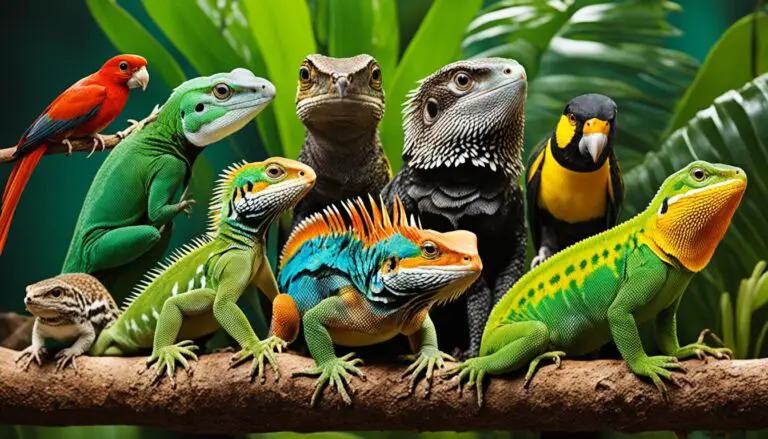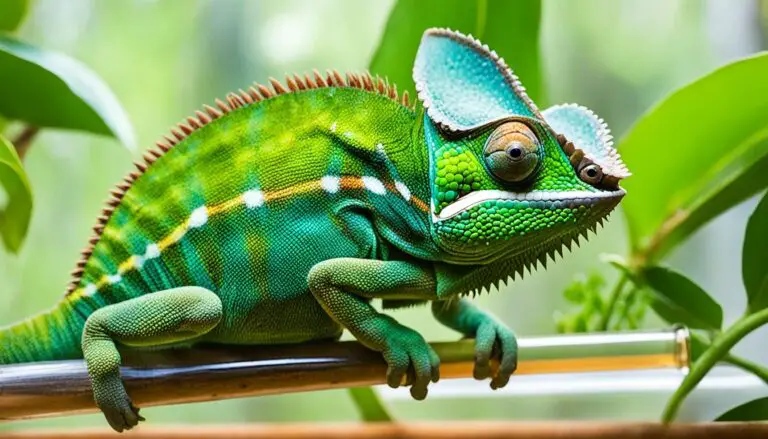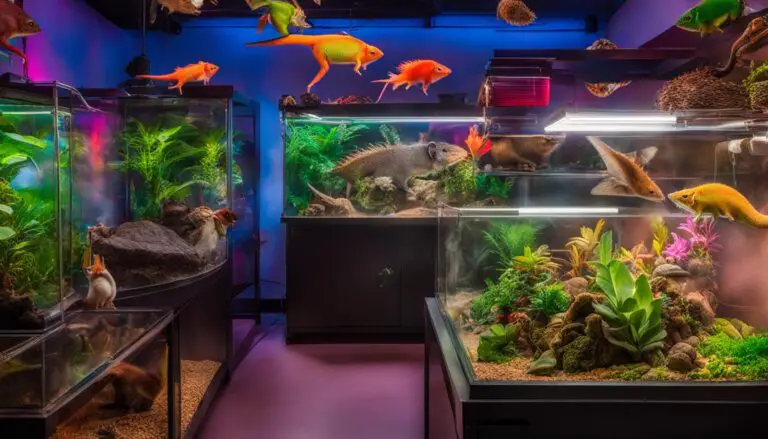How to Socialize Your Exotic Pet: A Beginner’s Guide
Are you the proud owner of an exotic pet?
While they may be fascinating and unique, exotic pets often require more specialized care and attention than their domesticated counterparts.
One essential aspect of caring for an exotic pet is socialization.
Whether you have a parrot, a snake, or a tarantula, socializing your exotic pet is critical to building trust, promoting positive behavior, and ensuring their overall well-being.
However, many exotic pet owners may not know how to begin this process.
This detailed guide aims to provide a comprehensive overview of how to socialize your exotic pet and build a strong relationship with them.
Key takeaways:
- Socializing an exotic pet is crucial for their well-being and requires time, patience, and a deep understanding of your pet’s behavior and needs.
- Start the socialization process slowly, allowing your pet to acclimate to their new environment and building trust with them through positive experiences.
- Get to know your pet’s personality and tailor your socialization approach to their individual needs.
- Introduce new stimuli gradually, use positive reinforcement, and avoid common mistakes such as moving too quickly, overwhelming your pet, or using punishment or negative reinforcement.
- The frequency and length of the socialization process will depend on your pet’s individual needs, personality, and species.
- Seek guidance from a professional exotic animal behaviorist if necessary.
How to Socialize Your Exotic Pet
Socializing an exotic pet can be a complex process that requires time, patience, and a deep understanding of your pet’s behavior and needs.
Here are some key steps to help you socialize your exotic pet effectively:
1. Start Slowly
If you’ve just acquired an exotic pet, it’s essential to give them time to acclimate to their new environment before beginning the socialization process.
Allow your pet to explore their new surroundings at their own pace and avoid overwhelming them with too many stimuli at once.
2. Build Trust
Before you can begin socializing your exotic pet, you need to establish a sense of trust and safety.
Spend time near your pet’s enclosure, talking to them in a soothing tone of voice and offering them treats.
This will help them learn to associate you with positive experiences.
3. Get to Know Your Pet’s Personality
Exotic pets can have unique personalities, just like humans.
Spend time observing your pet’s behavior and body language to gain insight into their likes, dislikes, and fears.
This will help you tailor your socialization approach to their individual needs.
4. Introduce New Stimuli Gradually
As your pet becomes more comfortable with you, you can gradually introduce new stimuli into their environment.
This could include new toys, food, or even other pets.
However, be sure to introduce new stimuli slowly to avoid overwhelming your pet.
5. Positive Reinforcement
Positive reinforcement is a critical aspect of socializing an exotic pet.
When your pet displays positive behavior, such as eating from your hand or coming out of their enclosure, be sure to reward them with treats or verbal praise.
This will help reinforce positive behaviors and build a stronger and lasting bond between you and your pet.
6. Be Patient
Socializing an exotic pet is not a quick process and may take several weeks or even months to achieve significant results.
Remember to be patient and consistent in your efforts, and remember that building a strong bond with your pet takes time.
FAQs
Here are some common questions that exotic pet owners may have about socializing their pets:
How do I know if my exotic pet is ready to be socialized?
Before beginning the socialization process, make sure that your pet has had time to adjust to their new environment and that they are eating and behaving normally.
You can then begin the socialization process slowly, using positive reinforcement and gradually introducing new stimuli.
Can I socialize my exotic pet if they are aggressive?
Socializing an aggressive exotic pet can be challenging and should be done under the guidance of an experienced exotic animal behaviorist.
It’s essential to ensure your safety and the safety of others when socializing an aggressive pet.
How often should I socialize my exotic pet?
The frequency of socialization will depend on your pet’s individual needs and personality.
What are the most common mistakes to avoid when socializing an exotic pet?
Some common mistakes to avoid when socializing your exotic pet include moving too quickly, overwhelming your pet with new stimuli, and using punishment or negative reinforcement.
Can I socialize my exotic pet with other animals?
It really depends on the type of animal you have and the other animals you want to socialize them with.
It’s essential to research your pet’s species and their natural behaviors to ensure that they are compatible with other animals.
- How long does it take to socialize an exotic pet?
The time it takes to socialize an exotic pet will vary depending on their species, personality, and individual needs.
Some pets may become comfortable with socialization quickly, while others may take several months or longer.
Conclusion
Socializing an exotic pet can be a challenging but rewarding experience.
By taking the time to establish trust, getting to know your pet’s personality, and using positive reinforcement, you can build a strong relationship with your pet and ensure their overall well-being.
Don’t forget to be patient and consistent in your efforts, and seek guidance from a professional exotic animal behaviorist if necessary.
If you have any other questions about socializing your exotic pet, feel free to leave a comment below.
Also, if you found this guide helpful, please share it with other exotic pet owners.
Peter Stones is the founder of Exotic Pets Place, the leading online resource for exotic pet care information.
With over 10 years of hands-on exotic pet ownership experience, he is deeply passionate about sharing his expertise to help others properly care for their unusual pets.
When he's not writing extensively researched articles or connecting with fellow exotic pet enthusiasts worldwide, you can find Peter at home tending to his own beloved menagerie of exotic animals.

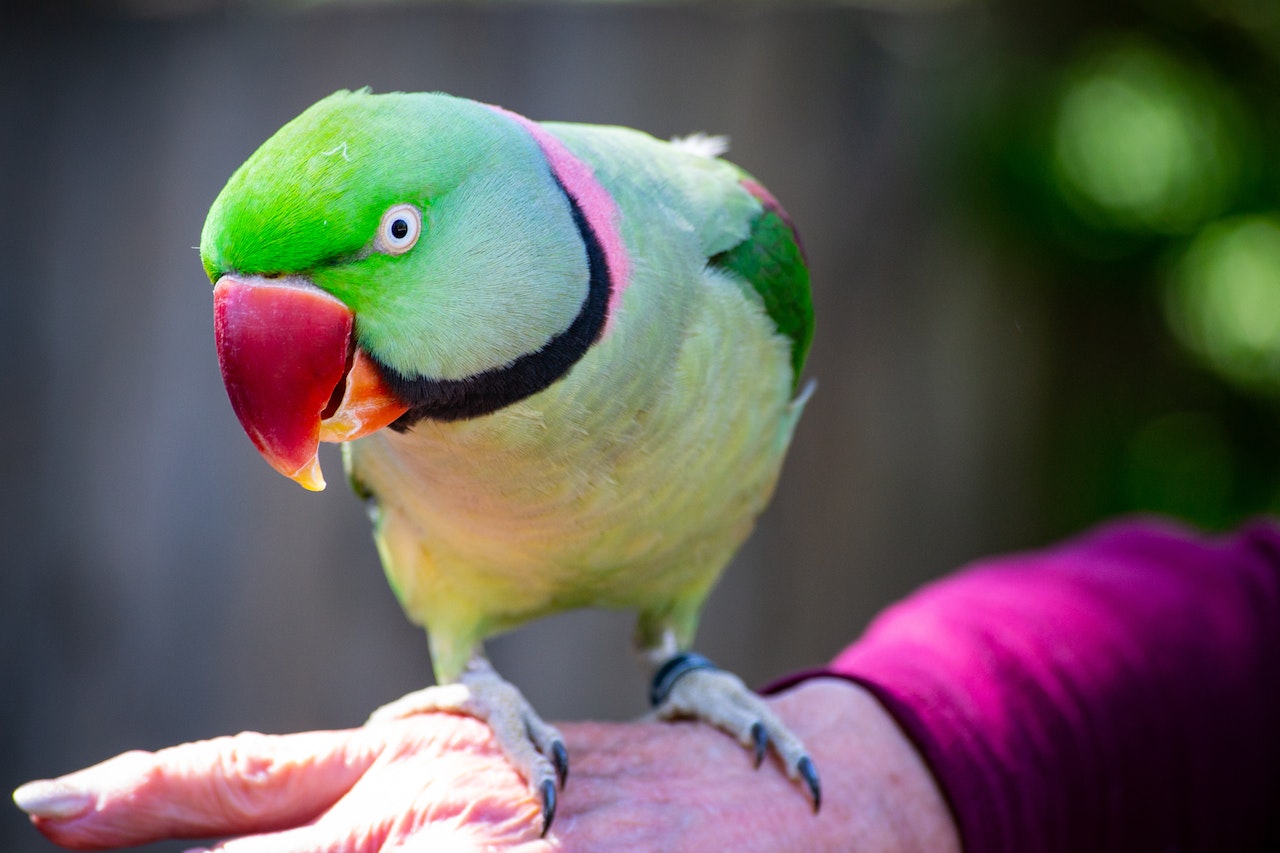
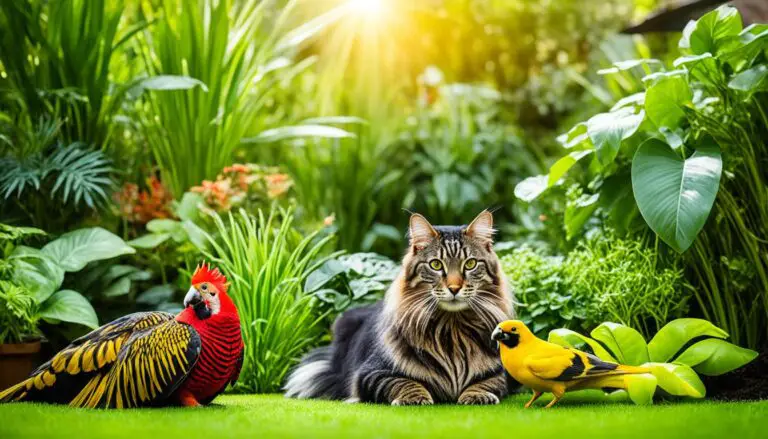
![Making an Exotic Pet More Comfortable in Your House [9 Steps]](https://exoticpetsplace.com/wp-content/uploads/2023/05/Making-an-Exotic-Pet-More-Comfortable-in-Your-House-9-Steps-the-inside-of-a-large-house-768x576.jpg)

